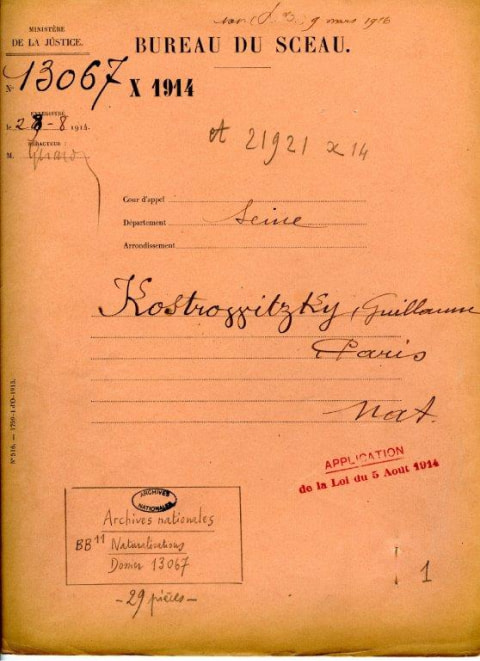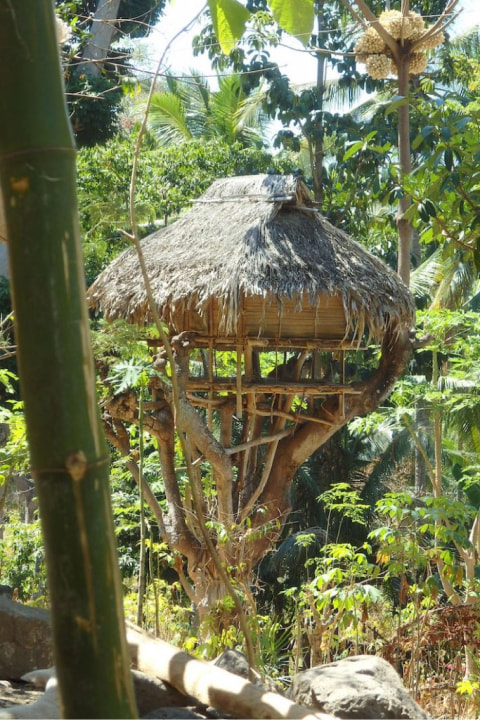Cultural Research and
Citizen Science
Cultural research and participatory science: an attempt to define
The Particip-Arc network intends to bring together actors working in the field of cultural research and citizen science; however, these terms need to be defined.
Cultural research is the terminology used by the French Ministry of Culture to describe its research activities in the field of culture. Partners in the Particip-Arc network identify with this term because it links together a wide range of disciplines and projects.
Citizen science was defined by
François Houllier in his 2016 report
as "forms of scientific knowledge production in which non-scientific professional actors – whether individuals or groups – actively and deliberately participate". This inclusive definition was chosen from the outset of the Particip-Arc project.
The expression Cultural Research and Citizen Science can therefore be understood as "forms of scientific knowledge production in the worlds or fields of culture, in which non-scientific professional actors – whether individuals or groups – participate actively and deliberately".
NB: the production of annotated corpora in a participatory form (common in the field of culture) is included in this definition, as they enable research to be carried out.

The projects identified as "cultural research and citizen science" therefore refer to schemes:
- in which the aim of social or societal transformation is as much a consideration as the scientific aim pursued by the researcher or their institution, with the academic researchers involved having to reconcile scientific and social demands;
- in which non-research professionals are involved at various levels of the research process, either as part of the data collection or in terms of decision making: research questions, development of protocols, interpretation, use and dissemination, or even co-ownership of the results;
- focused on sharing experiences and experimentations, leading to innovation and the need to manage risks associated with the robustness of the approach (independence, ethics, etc.) and the results (validation, reproducibility, etc.).

Defining the boundaries of cultural research and citizen science
The composition of the Particip-Arc network in terms of fields, professions and functions (professor, senior lecturer, research engineer, design engineer, heritage curator, archivist, librarian, director of a research institute or service, project manager, project coordinator, web team leader, PhD student, post-doctoral researcher, etc. ) and a wide variety of actors, including research disciplines linked to the field of culture, artists involved in art research and research-creation, and heritage and library professionals undertaking corpus production.
The fields of research covered by participants in the Particip-Arc network are:
- Archives, libraries;
- Heritage (tangible and intangible, general inventory);
- Architecture, town planning;
- Archaeology;
- Art, music, images;
- Linguistics;
- Web, digital, communication, technological innovation;
- Museology;
- Dissemination of scientific culture.

The projects may involve collecting data in the field, enhancing the corpus, innovation by and for the public, artistic creation, collecting and promoting knowledge, heritage management, etc.
The activities taken into consideration are characterised by the simultaneous presence of non-scientific professionals and at least one partner belonging to an academic research institution. A number of participatory activities have been excluded:
- Self-organised voluntary participation (Wikipedia), whether or not it has been appropriated by researchers;
- Activities carried out by private companies (including GAFA) whose objectives are economic and where the participant is not always informed and therefore consenting.
Avenues of funding for citizen cultural research projects
Citizen cultural research projects are supported by a wide range of actors: the European Union (Horizon Europe programmes), the State (ANR, etc.), DRAC, local authorities, foundations and sponsors.

